Protein is a vital nutrient that helps repair cells and tissues, stabilize blood sugar, and reduce hunger. However, not all proteins are created equal. To achieve weight loss, increased strength, and overall health improvement, it is crucial to add high-quality, lean protein to your plate.
There are two main factors that define high-quality proteins. Firstly, they provide significant nutrients without negative qualities. For example, fatty meat cuts such as bacon contain protein, but they are also loaded with artery-clogging saturated fat, sodium, and other unhealthy components that compromise health. The highest-quality animal proteins offer beneficial nutrients without these negative factors, according to Lyssie Lakatos, RD, CDN, and Tammy Lakatos Shames, RD, CDN, who make up the Nutrition Twins and are members of the Eat This, Not That! Medical Expert Board.
The second factor that determines protein quality is the presence of all nine essential amino acids. These amino acids are critical for building proteins, hormones, and neurotransmitters, and our bodies cannot produce them on their own, requiring them to come from our food. Proteins that contain all nine amino acids are referred to as "complete proteins." While all animal proteins are complete, not all plant proteins are. Vegetables are highly nutritious but are not considered complete proteins, which is why they are not included on the list of high-quality proteins.
Here are the top eight sources of high-quality protein, including both animal- and plant-based options. For more information on healthy eating, check out The #1 Best Protein to Eat Every Day, as recommended by a Dietitian.
1) Greek yogurt

For those seeking a high-quality protein source that works well as a snack or breakfast item, Greek yogurt is an excellent choice. "Depending on the brand, Greek yogurt can contain around 14-18 grams of protein and provide nine essential nutrients, as well as probiotics that can help your gut achieve a healthy bacterial balance," explains Amy Goodson, MS, RD, CSSD, LD, author of The Sports Nutrition Playbook and a member of our Expert Medical Board.
Despite dairy's reputation for being unhealthy, it can actually offer many health benefits. According to Goodson, a 2021 study published in Nutrients analyzed dairy consumption data and found that dairy foods are associated with a lower risk of heart disease deaths and are not linked to cancer or all-cause mortality. These findings align with the Dietary Guidelines for Americans' statements on the benefits of dairy for healthy eating patterns.
2) Dairy milk
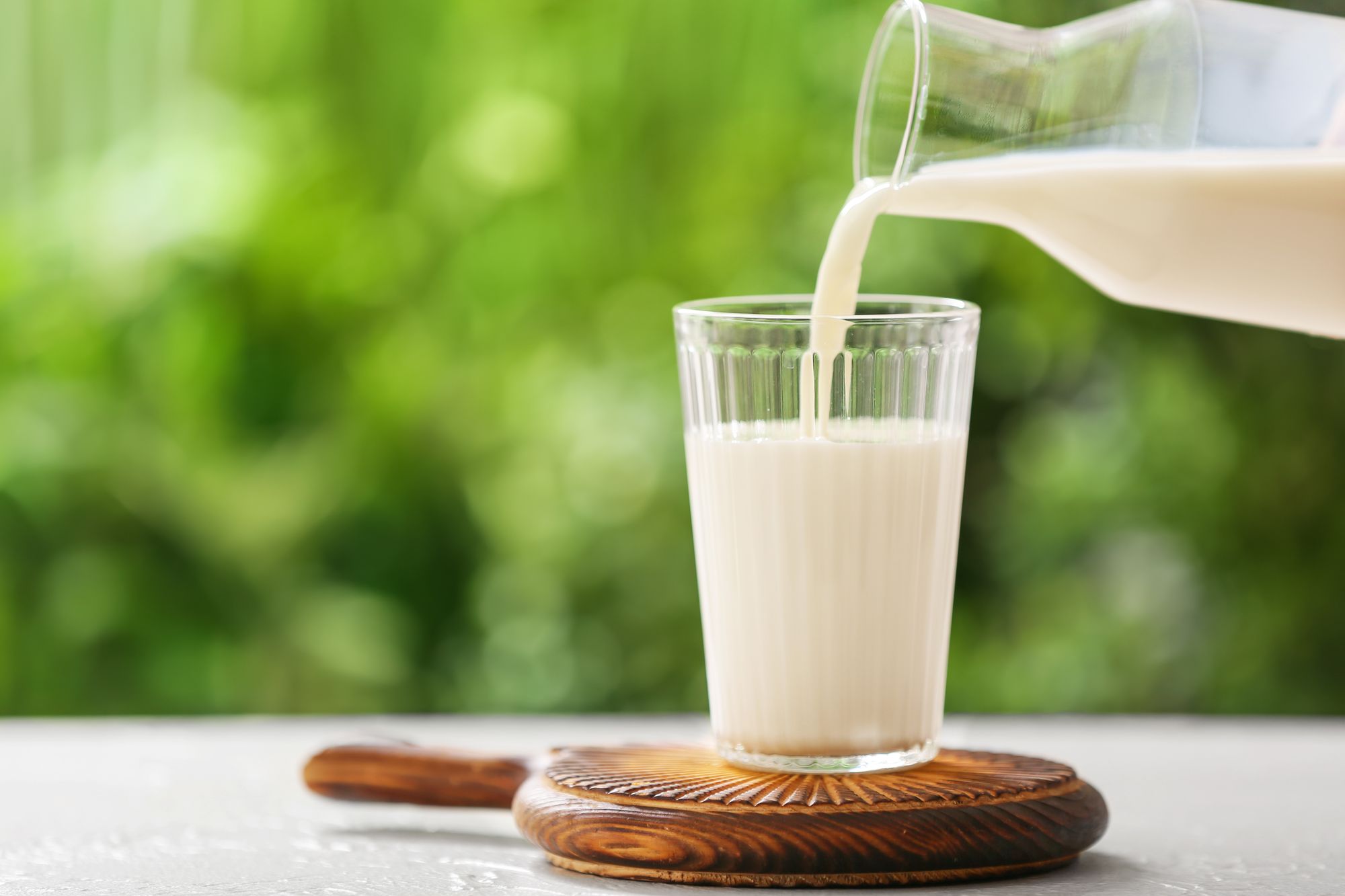
Cow's milk is a delicious and nutritious source of high-quality protein that can be added to your daily diet. You can consume it on its own or mix it into high-fiber cereal for breakfast. Goodson emphasizes that "Dairy milk provides 13 essential nutrients per 8 ounce serving, including high-quality protein, and in fact, milk provides one gram of protein per ounce." Milk contains 12 of 13 nutrients that are naturally present, with only vitamin D being added. Vitamin A is naturally present in milk and is added back to low-fat or fat-free milk as part of the fat removal process.
Goodson also highlights that a systematic review published in the Journal of the American College of Nutrition in 2020 analyzed 27 randomized control trials and found that dairy products, including milk, cheese, and yogurt, and dairy proteins, such as whey protein, have either neutral or beneficial effects on inflammation.
So, unless you have lactose intolerance or simply dislike milk, there is no reason to hesitate to pour yourself a glass and enjoy the health benefits it provides.
3) Quinoa
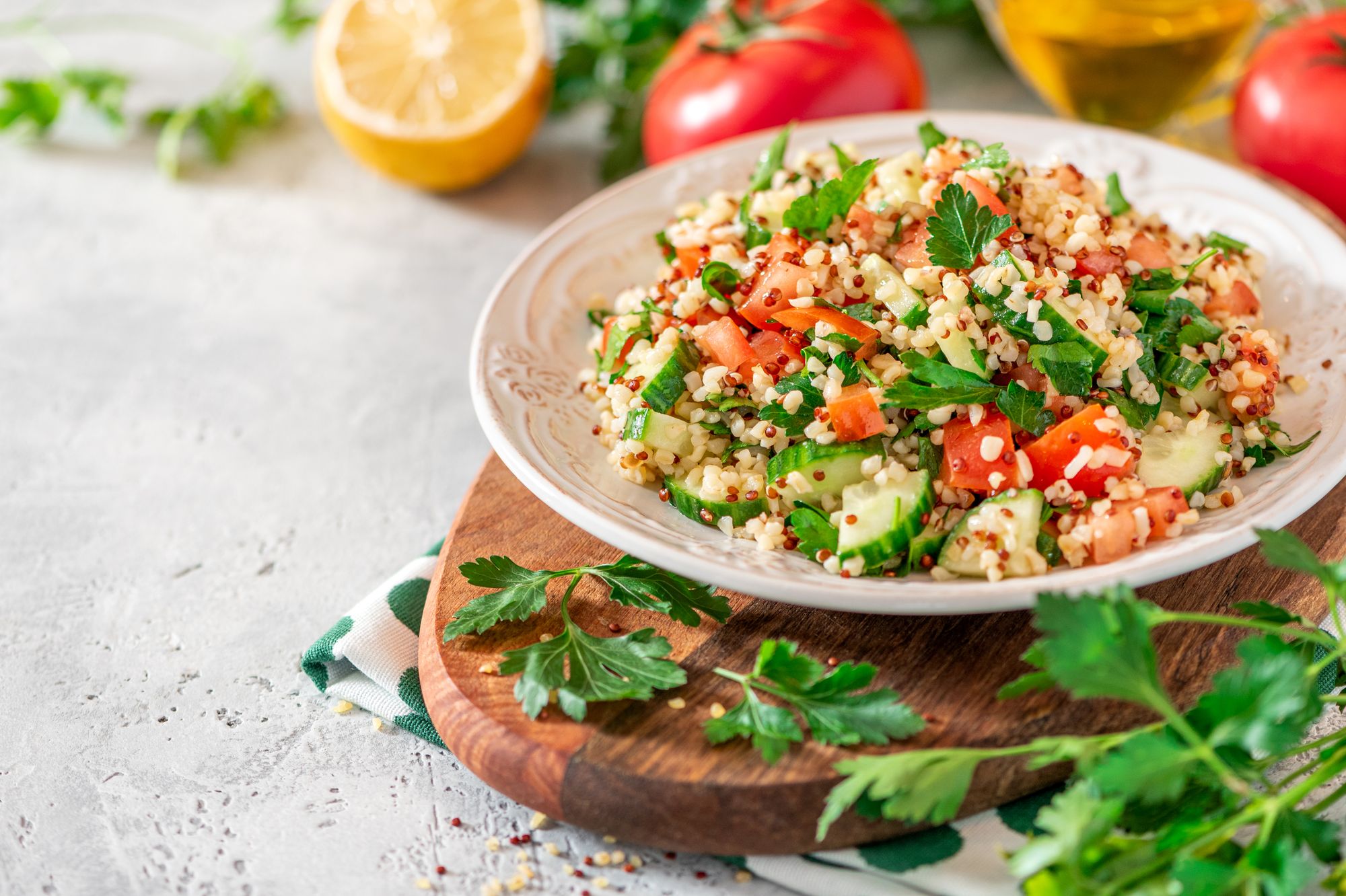
Quinoa is a nutritious and adaptable grain that can enhance various dishes, including salads, bowls, and sides to your favorite meals. This whole grain is classified as a high-quality, complete protein because it contains all the essential amino acids. However, some experts consider it a "nearly complete" protein because it has lower amounts of certain amino acids. Nevertheless, quinoa is a healthy source of protein that also provides fiber, folate, and antioxidants. Studies have revealed that quinoa can help decrease LDL cholesterol levels and promote weight management.
4) Eggs

According to Julie Upton, MS, RD, CSSD, a registered dietitian on our medical expert board, eggs are considered the best protein due to their high bioavailability of amino acids. They have a biological value score of 100, indicating that the body efficiently uses the protein consumed in the diet. In comparison, beef scores 80 on this measure, while whey protein scores higher with a score of 104.
Eggs are also a rich source of choline, a nutrient crucial for brain development, as well as memory, thinking, and mood, as per Amy Goodson.
5) Skinless poultry breast

Chicken and turkey breast are a great source of lean protein that can help repair and maintain tissues and muscles, as they are naturally low in saturated fat and sodium, according to Tammy Lakatos Shames, a registered dietitian. "Lean poultry breast is also rich in B vitamins, which are crucial for DNA synthesis, energy production, brain health, and it contains the antioxidant selenium, which is essential for thyroid and immune health," she explains.
Amy Goodson adds that selenium also helps the body fight against oxidative stress, protecting it against illnesses and diseases.
6) Salmon & sardines
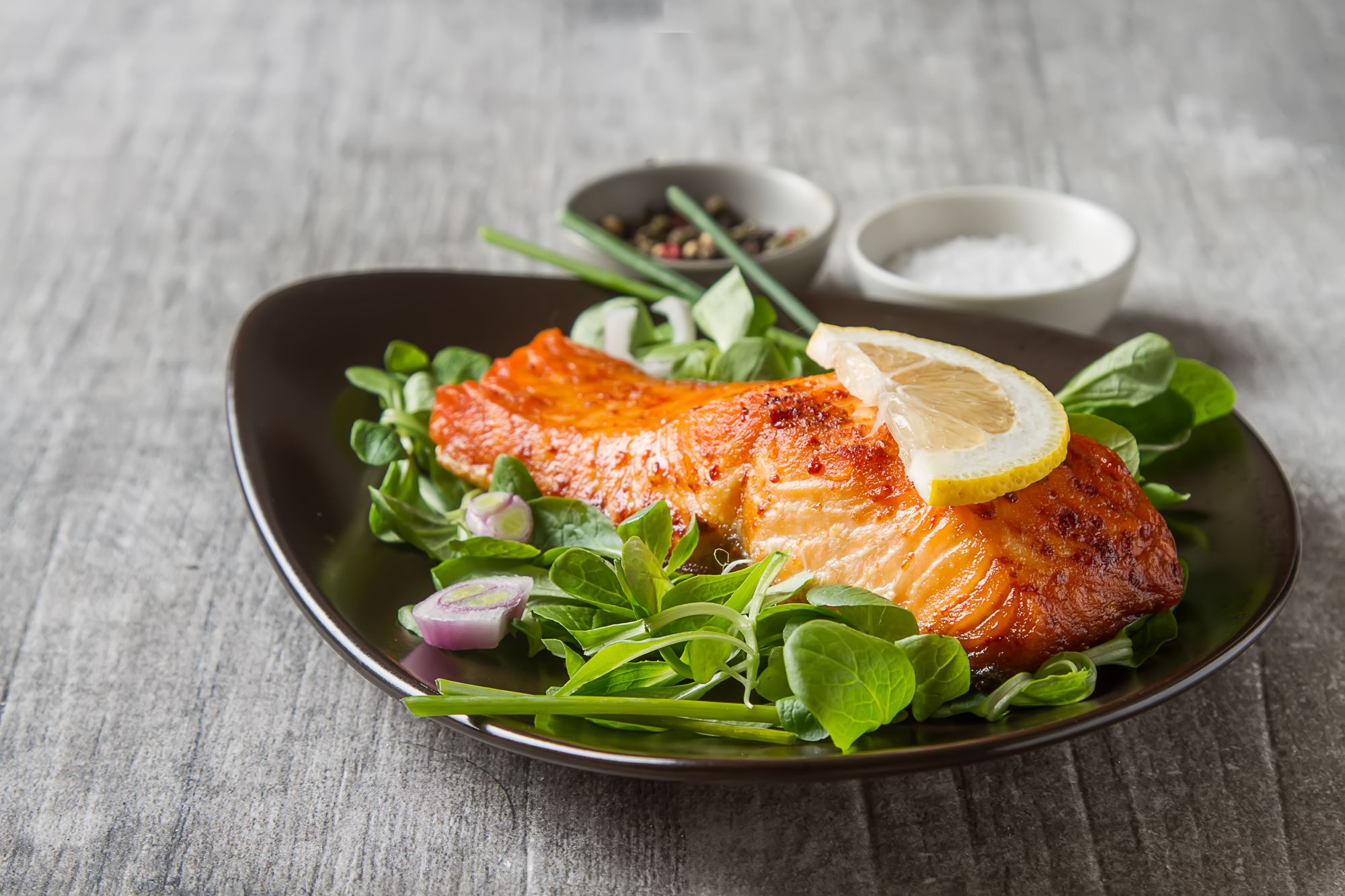
According to The Nutrition Twins, fatty fish are among the highest quality sources of protein because they contain high amounts of protein, are naturally low in sodium and saturated fat, and are excellent sources of omega-3 fatty acids, which are anti-inflammatory and beneficial for the heart.
"Omega-3 fatty acids have also been shown to raise HDL or good cholesterol levels, lower triglycerides, and protect the body from free radical damage," adds Goodson.
However, it's important to note that eating salmon or sardines every day may not be feasible for everyone. Instead, aim to include fatty fish in your diet a few times a week to reap the benefits of these nutrient-rich foods.
7) Tofu
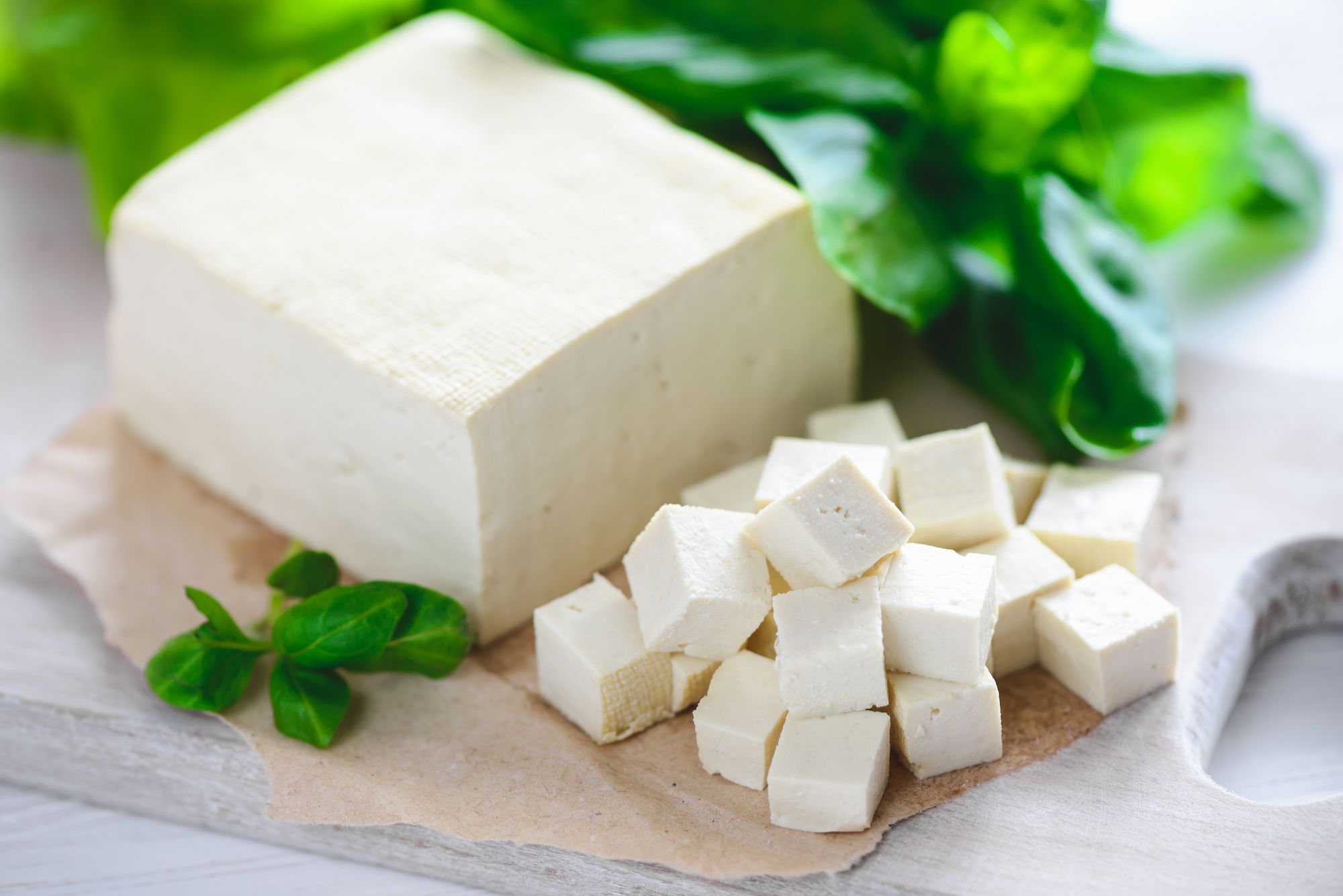
Tofu is a highly nutritious and versatile food made from soybeans that have been soaked, ground, and pressed. It is considered a complete protein as it contains all nine essential amino acids that our body requires. A 3-ounce serving of firm tofu provides around 9 grams of protein, making it a great protein source for vegetarians and vegans.
In addition to protein, tofu is also an excellent source of iron and calcium, important minerals for maintaining strong bones and overall health. Tofu is also rich in isoflavones, which are plant compounds that have been linked to various health benefits. Research suggests that isoflavones may help protect against heart disease, osteoporosis, and some types of cancer.
Tofu is incredibly versatile and can be used in a variety of dishes, such as stir-fries, salads, soups, and sandwiches. It has a neutral flavor, which allows it to take on the flavors of the ingredients it's cooked with.
8) Pistachios
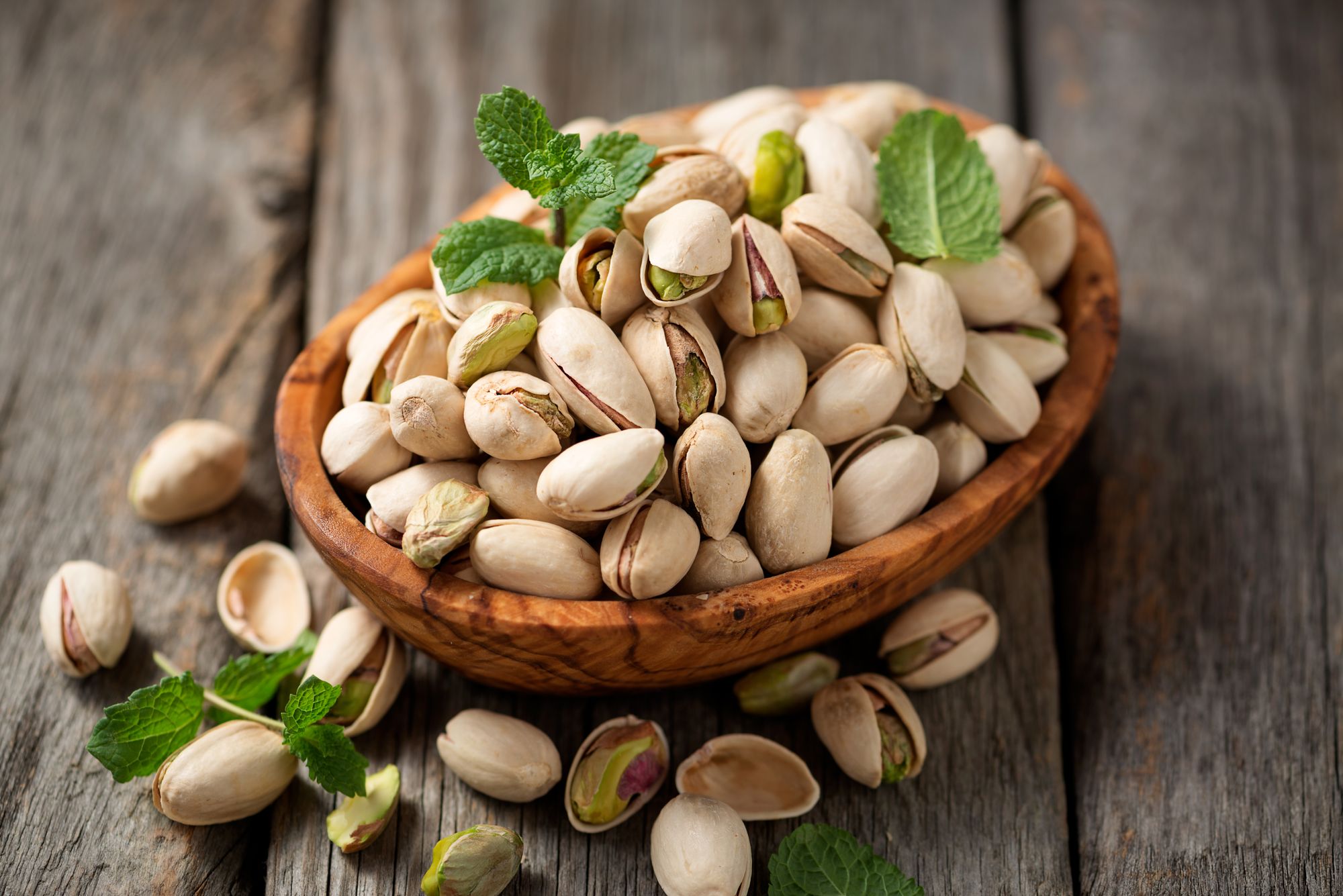
Pistachios are a protein-packed snack nut that contains about 6 grams of complete plant-based protein per serving, according to Goodson, making it another complete protein option. They are also rich in fiber and unsaturated fat, which can help suppress appetite and prevent overeating. Pistachios are also a great source of potassium, with just two ounces containing more potassium than a whole banana. In a Nutrition study, participants who ate pistachios had more waist circumference reduction than those who didn't. So, incorporating pistachios into your diet can offer many health benefits.

